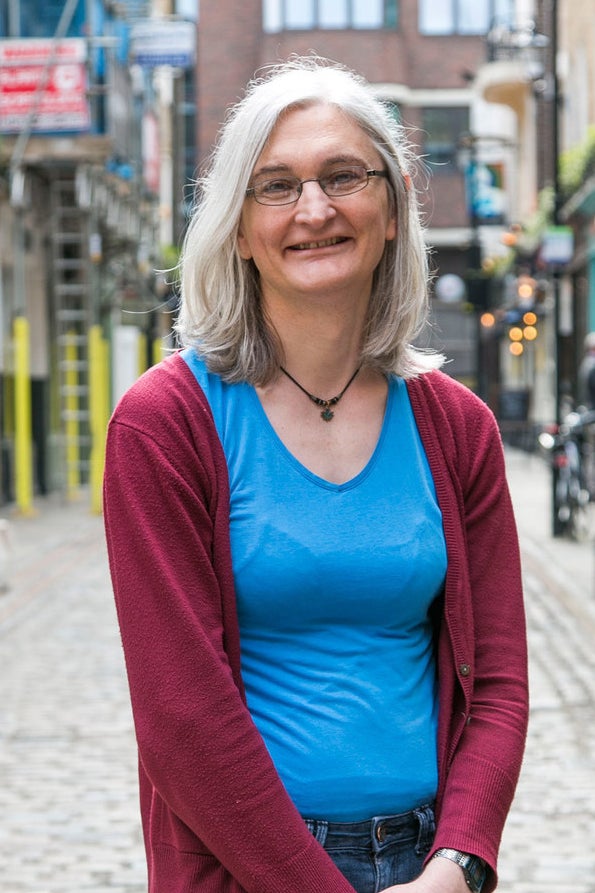
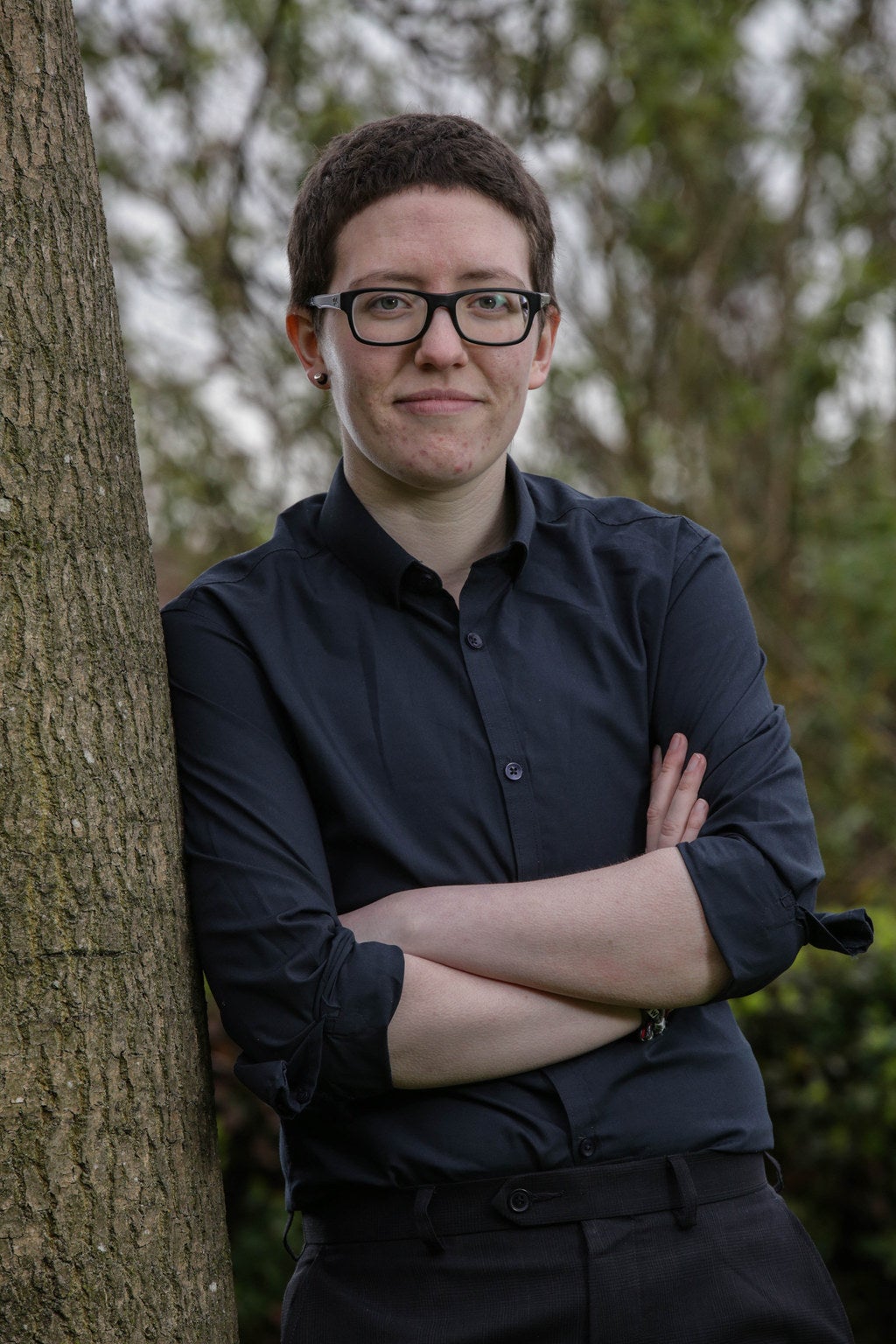
In the week before pupils broke up in December 2012, an email was sent to parents whose children went to Mary Magdalen’s primary school in Accrington, Lancashire.
It told them a teacher would be returning to the school in January after transitioning over the Christmas break.
One parent complained to the local newspaper and within days the story had become national news. Richard Littlejohn, writing in his Daily Mail column, called the teacher “selfish” and, using male pronouns throughout, said the teacher was “not only trapped in the wrong body, he’s in the wrong job”.
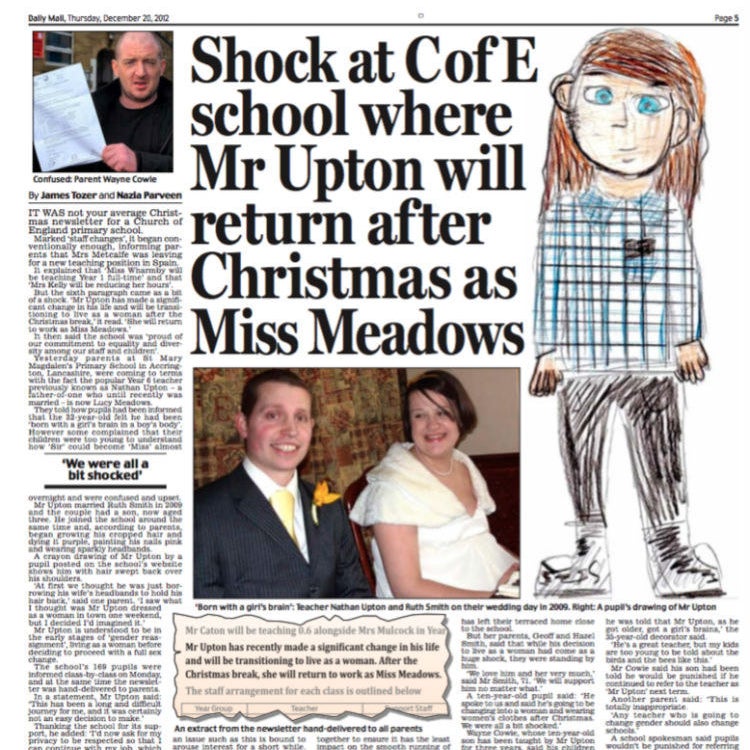
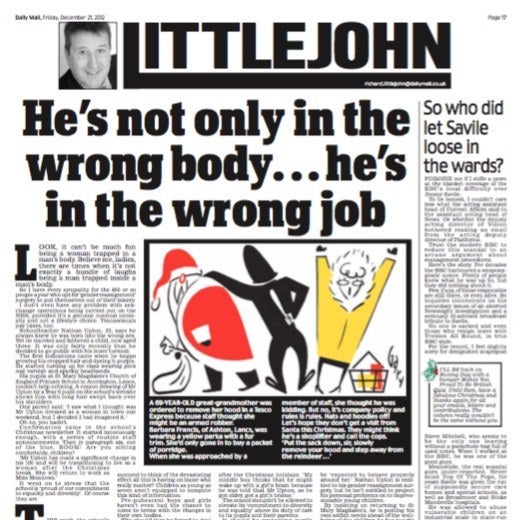
The teacher, Lucy Meadows, complained to the Press Complaints Commission about media harassment. The following March, she was found dead at her home, having poisoned herself.
At the inquest into her death two months later, coroner Michael Singleton dubbed media coverage of her transition as “ill-informed bigotry”. Addressing the press at the end of the inquest, he said: “I say shame – shame on all of you.”
The same week Mary Magdalen’s emailed parents, another very similar email was sent by King Henry VIII school in Coventry.
It told parents that a teacher would be returning to school in the new term in a female role after transitioning over the Christmas period. There were no complaints, there was no press intrusion, and Debbie Hayton returned to her job as a physics teacher in January. The email her school sent to parents went out on 21 December, the day the Littlejohn column was published.
“I was lucky,” Hayton told BuzzFeed News in her first interview about her transition and its effect upon her career.
Fast-forward a little over three years and there are signs of change in the profession. Earlier this month a motion was passed at the Association of Teachers and Lecturers (ATL) annual conference calling for teachers to receive more specialist support to help transgender children.
**THIS IS SO IMPORTANT** Teachers Call For More Help To Support Transgender Kids https://t.co/ONHGadPJ42 via @matthewchampion @BuzzFeedUK
The motion said the structures and expertise required to help children with their gender identities simply did not exist.
“If a child is struggling because they’re not getting enough food or sleep, there are clear support mechanisms in place," Dan, a transgender teacher at a school in Newcastle, said at the time. "But there’s nothing in place to support a child who’s having gender issues. Just a kneejerk reaction.”
The charity Metro Youth Chances says 83% of transgender young people have been bullied, 35% have been victims of physical violence, and 27% have attempted to kill themselves. Meanwhile, 94% of LGBTQ young people said they learned nothing about transgender issues while at school.
Following the ATL vote, BuzzFeed News spoke to three trans teachers about their experiences, how much has changed since the tragic case of Lucy Meadows, and what they think needs to happen next.
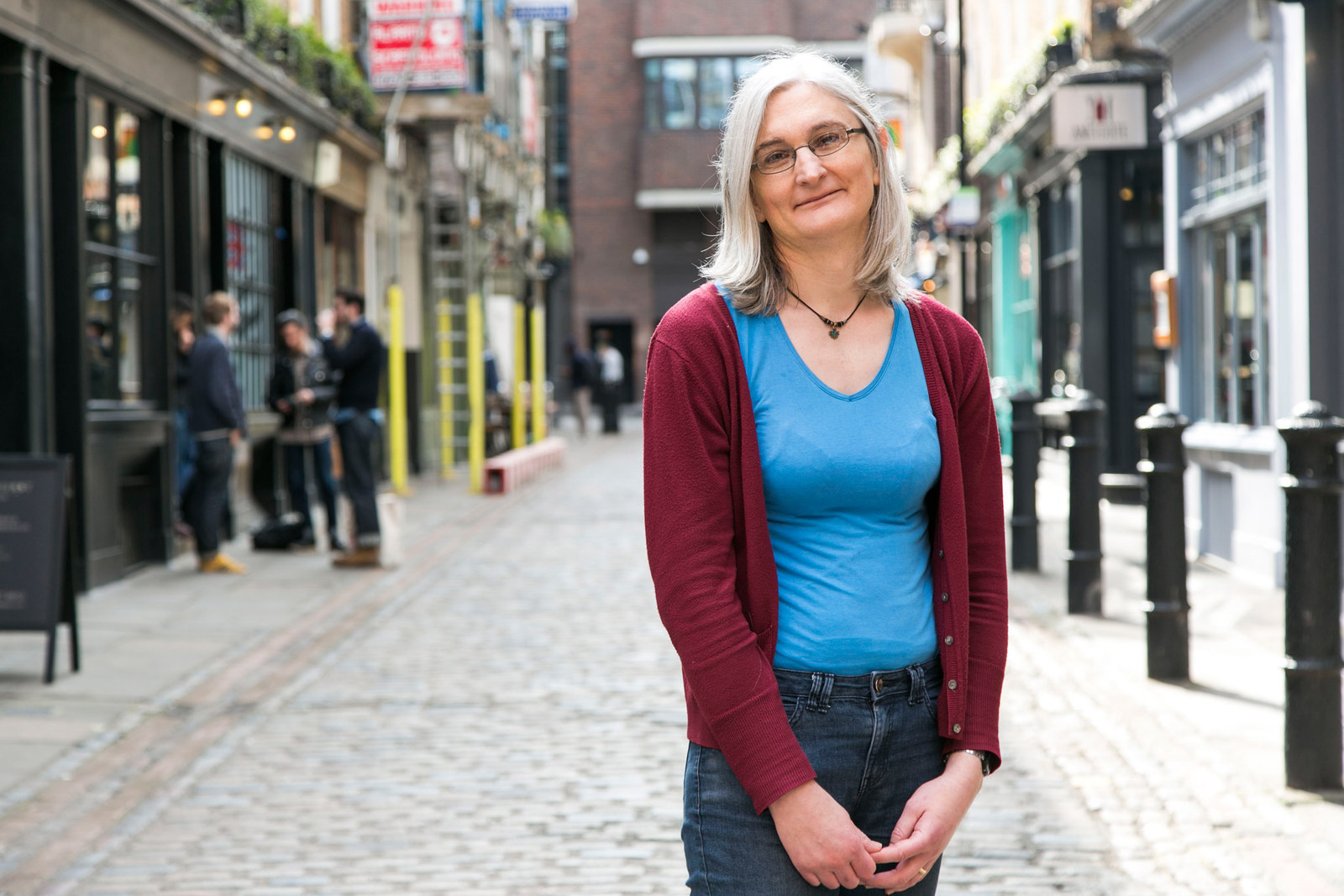
Hayton is 47, with 20 years experience as a teacher. She started considering her gender identity in the summer of 2011 and informed the school at an early stage, before deciding to transition the following Easter.
“I had worked in other schools before, and I’d been working nine years before the issues really erupted,” she told us.
“It was 2011 when things fell apart, you cope so long with internal denial with the situation, and I just couldn’t cope with it any longer.”
The reaction from the headteacher, senior staff, and the rest of the school was “as good as I could have expected”, Hayton said.
“Lucy Meadows’s email was sent out on Tuesday, mine was Friday. Nobody created a fuss, but my school has a liberal and enlightened ethos – it’s totally different to another school I worked at, where just supporting the wrong football team could have cast you out to the outer darkness. It just takes one person with unreconstructed ideas to create a fuss.”
She said: “Over the course of the afternoon I personally got a number of messages of support, which was very positive. The head had offered to stay behind for the next few days, but he wasn’t needed. There were no problems that came in.
“After the Lucy Meadows case you were worried, but nothing happened. I went away for the Christmas holidays, came back on the first day back and carried on as normal. The children were fantastic.”
These were the same worries Charly Irons faced just five months ago. Irons is a 24-year-old English teacher from County Durham who teaches English for 16- to 18-year-olds at New College Pontefract in West Yorkshire.
He came out as trans in December, only a few months after qualifying and into his first proper job.
“I deliberated about letting anyone know whether I was transgender for some time. I came out because I had to attend counselling before transitioning, so I had to tell human resources. The closer I got to transitioning the more absences there would be,” Irons told BuzzFeed News, in what marks the first time he has spoken to the media about his experience as a trans teacher.
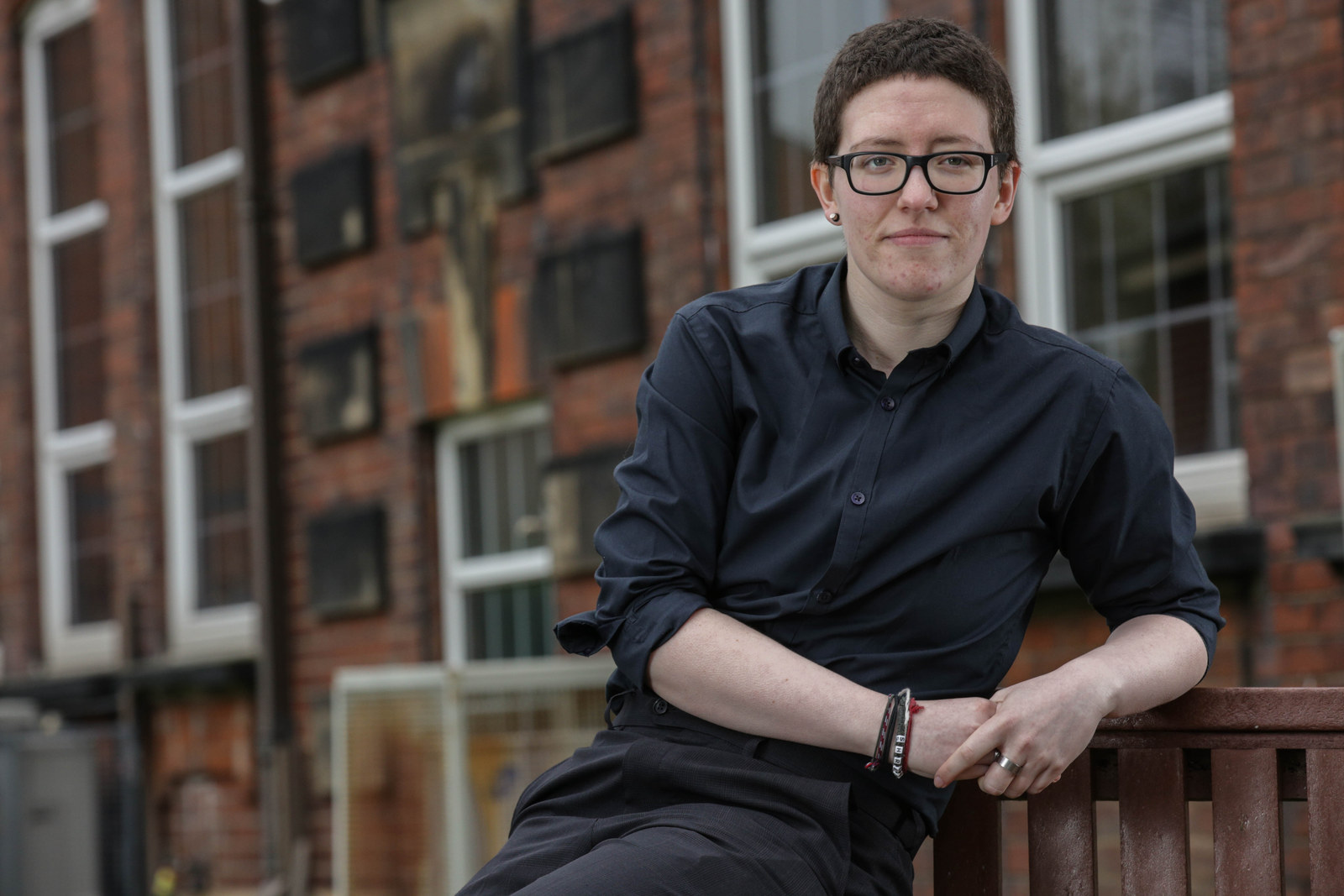
“I was called into the office of the head of HR, it was absolutely terrifying, I thought they were going to fire me. I was in catastrophe mode. Instead, she said, 'I understand what’s going on, I’ve done some research, the college has no first-hand experience with this but we want to support you. What can we do to make your life easier?'
“So I sat down with the department heads and they asked what my requirements were and how they could help. It was fantastic, it was a much better experience than I was expecting. I’d prepared for the worst but hoped for the best.”
Irons said he had only had one bad experience, where one staff member kept asking about his genitals: “I told her that this was a bit awkward, and if we’re talking about my genitals, can we talk about yours too?”
His pupils, however, reacted very well. “After I came out I sent an email to the students I taught, and the response was positive. I said ‘this is happening’ and made a geeky Doctor Who reference about this being my regeneration. Within a week of sending the email I had 30 responses back and they were all positive: ‘Hey, that’s fantastic'; 'We totally respect you'; 'We think you’re so brave.' Four or five students emailed me in confidence saying they were so glad I had come out, and they needed someone to talk to, they had no one else to talk to. I’m not going to undergo any [physical] changes until 2017, but students are always asking me how I am, and how I’m doing. It’s sweet, if a little misguided.”
Hayton and Irons admit they are the lucky ones, as the tragic story of Lucy Meadows shows.
“One bit of imagery I was always aware of, was a big ring of dominoes, toppling: If one thing goes over, the whole thing crashes.”
Teacher turned campaigner Juno Roche said she knew of trans teachers who had gone through experiences that were much worse.
“When I had trouble transitioning as a teacher I set about trying to interview as many trans teachers as I could find, and I would hear absolute horror stories,” she told BuzzFeed News. "I have fairly good stories, and it’s getting better. A few years ago there were a few horror stories, and it would be wrong of me to say that couldn’t happen to someone tomorrow."
Hayton said while the reaction to her transitioning had been good (two days of corridors going silent as soon as she walked down them apart), her status as a trans teacher did make her feel vulnerable.
“One thing I do feel vulnerable about is looking for work elsewhere – there’s always a fear that my transition will be held against me, or it will depend on people in a new school considering how well you pass in a female role, or in situations where you have no emotional capital built up,” she said, despite being very happy at her school.
“Until three years ago there was always a feeling if I didn’t like it, I could move on elsewhere. But that is not as easy as it was – the choice of wanting to hide your past is no longer there. The physics teaching community is small enough to know me.”
Hayton said she knew personally of four trans teachers who couldn’t find teaching work, some of whom have retrained in other careers since transitioning.
“There are a number of unemployed trans teachers who can’t find work – they apply for job after job but can’t get one. There are a number of reasons given, such as other people are more qualified. That pattern keeps on reappearing, and it’s always plausible, you can’t actually identify the discrimination.
“What someone might say is, ‘We’re really impressed to meet you, you have a wonderful CV, but sadly on this occasion the other candidate we interviewed just before you has that little bit of extra experience.' Every time that happens it can be difficult to challenge.”
"This is the Tumblr generation; their identity, it’s so valid. We can’t encourage it and not support them."
Irons said that as a result of him announcing his transition, he had become an unofficial figurehead for gender issues at his college.
“Any students who’ve questioned their gender come to me for advice," he said. "I’m totally happy with that, but I have no counselling training. So the educational system need to provide some sort of blanket training on transgender awareness for all staff. Because I can probably think of five or six students I’ve spoken to, and see on a weekly basis, who are struggling so much and they don’t have anyone to speak to. I’m an English teacher, it’s not even like I teach psychology or sociology or anything, but I’m the go-to person.
“Having spoken to other teachers in other colleges, there is support in place for students with psychological problems, but not when it comes to transgender. It’s an issue that’s on everyone’s lips. People like Laverne Cox and Caitlyn Jenner, all the students know them and celebrate these icons. I’m more than happy to deal with it on an ad hoc basis, but it’s terribly frustrating when it is completely valid an issue that affects so many people. There’s nowhere for these students to turn.
“Even though I can think of five or six transgender students who are in the process of transitioning, there must be 10–15 other students who identify as genderfluid or questioning. We foster a culture where students can identify differently and we are supportive to them. But there needs to be a nationwide support for this thing. One per cent of our student population identifies as either T or Q on the spectrum; imagine that on the nationwide scale.”
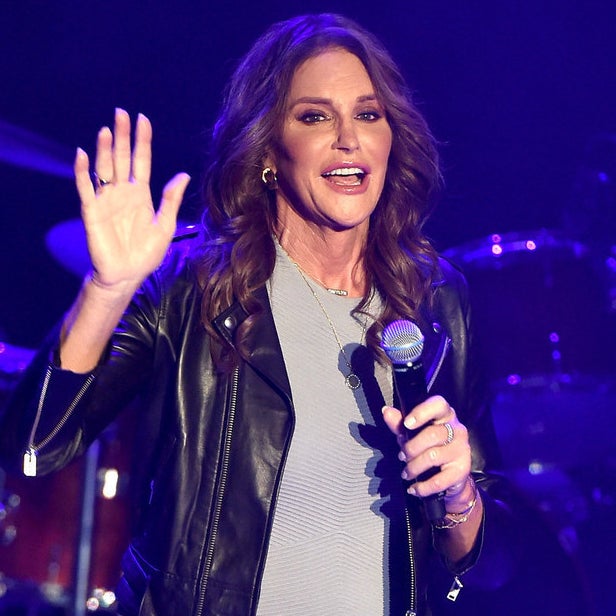
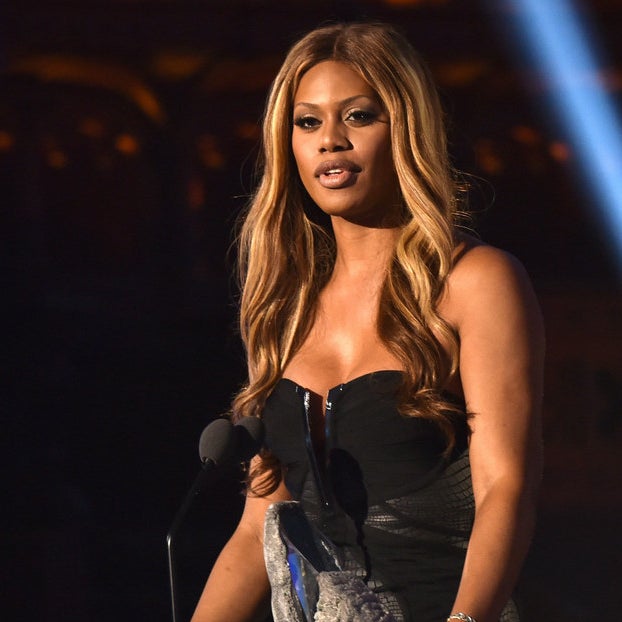
Roche said we had to move beyond “very worthy motions” from “well-meaning cis allies”. She is calling for a “radical rethink” about how trans rights and gender issues are approached in schools.
She described a situation where a solitary trans pupil in a school could be regarded as inherently different to other children, just because their identity was not immediately visible in concrete real-life examples.
“If you imagine being a single trans pupil among 1,000 pupils, and the only time your hear yourself mentioned, where someone gives a dictionary meaning of what you are, you don’t become very actualised,” she said. “You actually become othered and you stayed othered. I’ve been working with people looking at the issue of toilets, they’re a grey legal area. There is a greyness to the law. Should a young girl who has a penis be allowed to use the female toilets at school? No one is prepared to stick their neck out and speak about the authenticity of young trans people.”
Diva interview/pic
She is adamant that gender neutral toilets are not the way forward, unless all toilets are made gender neutral.
“What does it say to that trans pupil?" she said. "I’m all for toilets being made gender neutral, but you can’t say to the one trans pupil our solution is to provide a neutral toilet, because that’s one of the main markers. Is it possible that someone’s gender is not defined by their genitals?
“Men who go to war and get their legs and genitals blown off, no one says they are women. We don’t make them use female toilets, we don’t make crude assessments and judgments. Although I like the ATL motion, I have seen 110 of these.
“Whenever a new school is built we have to have a serious conversation about changing and toilet facilities. In 2016, we know gender variance is a fact of life – it’s going to crop up more and more because people are feeling more empowered.”
To Roche, the curriculum “really matters” here. “I taught for 15 years in secondary and primary," she said. "I know if children see themselves in the curriculum they begin to see themselves as part of the bigger picture. If they open their history book and they only see white faces, and they’re from Somalia, it others them.
“Trans issues only come up once in the year 10 curriculum for health and social care. But once there’s a will there’s a way. If we really wanted to make trans kids feel safe and secure, we’d have books by Juno Dawson across the curriculum.”
The danger, Roche said, is that LGBT history month becomes the only place trans people are talked about in schools: “Less than 10% of all teachers did anything for LGBT history month last year, less than 1% actually mentioned trans people, and 85% of teachers have never even mentioned the word trans in their lesson plans. It’s not working.”
“I worked with a case last year that ripped my heart out, no one knew what to do. And at the centre of it was an 8-year-old girl saying, ‘I’m a girl, whatever you think, I’m not mad, I’m a girl.'"
Irons told us he agrees. “In my experience with LGBT history month, there’s a Powerpoint presentation or some posters, but that’s it," he said. "While that’s fantastic, it’s not enough, there needs to be something that’s implemented in at least a module on every curriculum. It needs to be addressed in sociology, biology, history – there are so many subjects it can be completely relevant to.
"I’m not suggesting they integrate RuPaul into maths, even though I would love maths then. We need to get LGBTIQ icons into pupils’ perspective – even though they can see them on YouTube, it has to be on the curriculum as well.”
He added: “If we are going to put anything in place to support these students it has to be on a national basis. There has to be some sort of unification in facing this problem, particularly as it’s not something everybody understands. At college everyone has wanted to help, but people haven’t had the understanding to be in a position to help. We need authorities to say, ‘This is the issue, and this is how we can help the students.'
“I talk to other staff members about this quite often, and without failure they’re surprised about how many students are dealing with these issues. This is the Tumblr generation; their identity, it’s so valid. We can’t encourage it and not support them.”
The Tumblr reference was not a throwaway remark – Iron said that after going to Catholic school where no one was openly gay, using Tumblr at university opened his eyes to differing gender identities, other than just Eddie Izzard.
Students need more help now though, Irons told us, particularly with regards to non-binary identities, which are gender identities that do not fit within the binary of male or female (including intergender, multiple gender identities, intersex, and genderfluid).
"A lot of people don’t understand that, and they are not willing to try to," he said. "Non-binary students are trying to explain to tutors or other pupils that they are exploring their gender identity, that’s it’s not a fad, it’s not a phase.
“People don’t understand there’s something else out of that binary choice, a grey area. On transgender rights we’ve done fantastically well but there’s still a way to go – much more attention needs to be given to non-binary, genderfluid people. It’s fantastic there are eyeballs on this on YouTube and via the mainstream media with people like Ruby Rose and Kaitlyn Alexander, who runs a web series."


Roche believes the answer is to not “keep on reacting to things”, and instead make deep, significant, structural changes through educational reform.
“What we don’t want is the feeling of: ‘There’s a trans pupil, what do I do?’ I want to look at school buildings to make them inclusive for everyone, a radical rethink. Help us campaign that it’s OK to be a young girl and have a penis.
“If the headteacher is clear and good, and actually really truly believes in inclusion, and really truly believes in diversity, then I think the trans pupil can have an OK school experience."
There are still an “awful lot” of trans pupils being failed by the system, Roche said.
She said she was involved in a situation last year that "ripped my heart out", because "no one knew what to do".
"At the centre of it was an 8-year-old girl saying, ‘I’m a girl, whatever you think, I’m not mad, I’m a girl,’ and a whole bunch of adults running around like a headless chicken saying ‘what do we do’," Roche said. "It’s not good enough to not know – schools have a duty of care to protect and nurture all pupils. They have to be able to not panic about pupils. When I go to schools I say to teachers a really polite version of, ‘Shut the fuck up. Sit down, listen, you don’t have a choice, this is law.’
“With kindness and love you want this pupil to achieve and become what they want to become in life. Here’s a pupil and they happen to be trans. You try being in the wrong gender or wrong body – it’s a very terribly hard thing.”
Hayton told us it was not just about policy, but society as well.
“We do have equalities policies in law, but those policies are frequently not followed, because people fear them," she said. "We’re certainly a generation behind on trans issues – now, how to change that? Young people today are phenomenal, the children I work with are phenomenal, they’re increasingly less willing to accept the gender binary.
“Young people today are talking to young trans people, they want the freedom to express themselves. And that’s I just hope a generational change that takes place as we move on. But how to actually accelerate that, I don’t really know. There’s no magic wand.”
In the end, Hayton cannot avoid comparing her situation to that of Lucy Meadows, and considering the fine lines trans teachers operate under.
“One bit of imagery I was always aware of was a big ring of dominoes, toppling: If one thing goes over, the whole thing crashes,” she said. “Lucy Meadows, it took one parent going to a local newspaper to cause that. One colleague in school can make it very difficult for you.
"One situation going bad out of many, although the chances are small of each one, together it can be quite sizable. The moment one person makes a fuss, the majority of people will probably side with the trans teacher, but the more vociferous minority that can cluster around the person who seeded the complaint can make life very difficult.”
